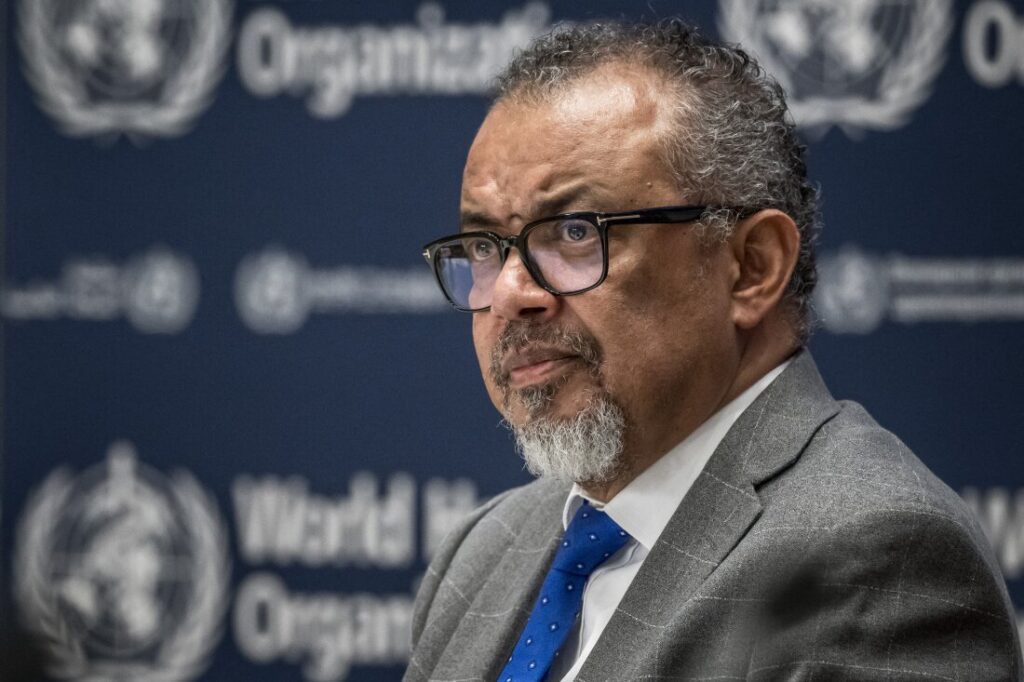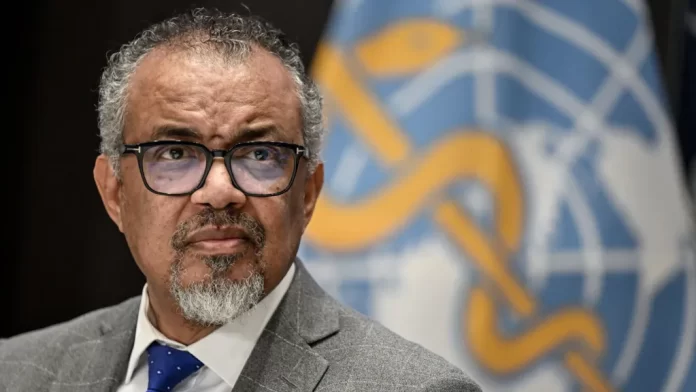Sanaa, Yemen – In a harrowing account, Dr. Tedros Adhanom Ghebreyesus, the Director-General of the World Health Organization (WHO), revealed that he and his colleagues narrowly escaped death during an Israeli airstrike on an airport in Yemen. The attack occurred on December 27, 2024, as Dr. Tedros was departing from Sanaa after a trip to negotiate the release of UN detainees and assess the humanitarian situation in the war-torn country.
In an interview with BBC Radio 4’s Today programme, Dr. Tedros described the chaos that ensued during the airstrike, stating that he felt “completely exposed.” The attack reportedly resulted in at least six fatalities, highlighting the dangers faced by civilians and international staff in conflict zones. “It was very chaotic; people were in disarray and running everywhere,” he recounted.

Dr. Tedros noted that there was “no shelter” at the airport during the attack, emphasizing how fortunate they were to escape unharmed. “It’s a matter of luck; otherwise, if the missile deviated just slightly, it could have been on our heads,” he said. His presence at the airport was public knowledge prior to the strike, but he stressed that every civilian life is valuable.
The Israeli military stated that the airstrike targeted military installations associated with Iran-backed Houthi rebels, who have been involved in ongoing conflicts in the region. Dr. Tedros condemned the attack on a civilian facility, asserting that such actions should not occur in areas meant for public use.
The incident underscores the precarious situation in Yemen, where humanitarian efforts continue amidst escalating violence. The WHO remains committed to addressing health crises in conflict zones, but such attacks pose significant risks to both local populations and international aid workers.



























